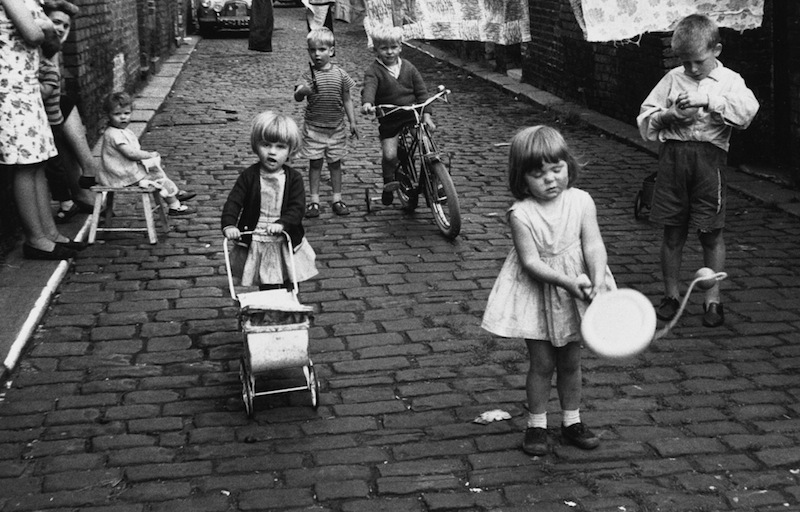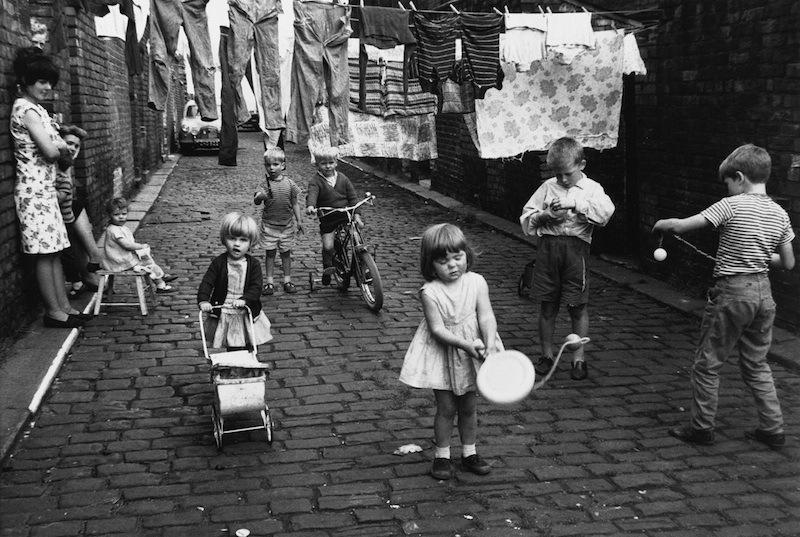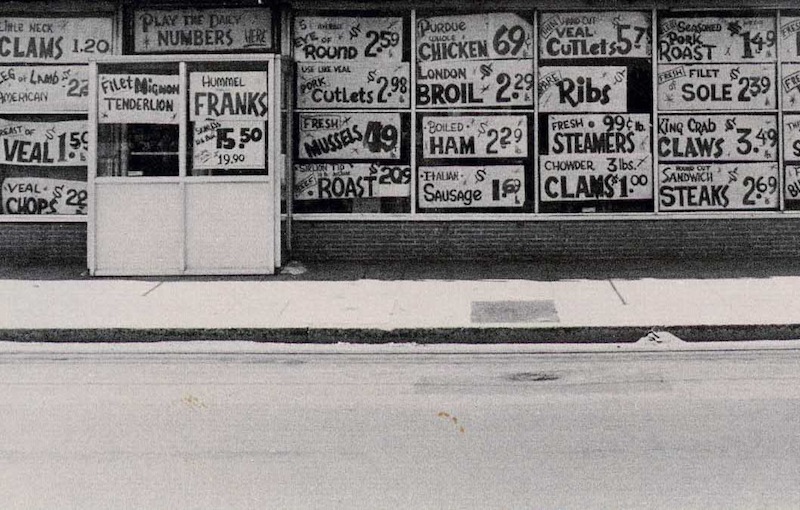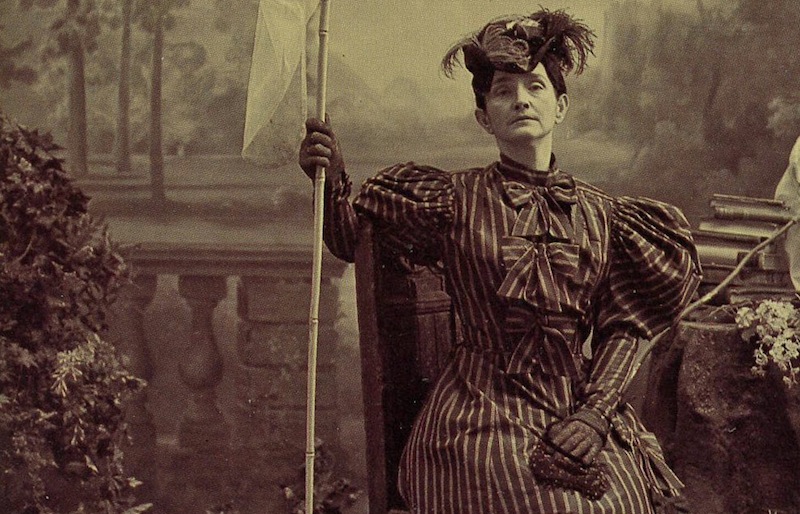
August 25, 2015
Exposure: Children at Play in the City by Shirley Baker

Chorlton-on-Medlock, Manchester, England by Shirley Baker, 1966. Mary Evans Picture Library
Shirley Baker’s photographs are the fruit of great patience. Returning constantly to the streets of Manchester in northern England, she documented the impact of slum clearance on the lives of the people who lived in the terraced houses now deemed unfit for human habitation. The pictures she took in the 1960s and 1970s concentrate—as the title of an exhibition at The Photographers’ Gallery in London summarizes it—on “women, children and loitering men.” The few men are elderly or out of work. More than anything Baker was fascinated by the children who gathered to play outside their houses on the doorsteps and in the cobbled alleyways.
Baker (1932-2014) once wrote that she preferred the “casual, intuitive snapshot rather than the formal, carefully posed photograph,” and her inspirations included Henri Cartier-Bresson and Robert Frank. Her way of working was to anticipate, prepare her camera, and lie in wait for the serendipitous moment. At first glance this picture taken in 1966, in inner-city Manchester, might appear haphazard, lacking any obvious structure or focal point. In reality, the photograph is carefully controlled. The disposition of the figures directs the viewer’s eye to move up and down from child to child, so that all receive attention, and this zigzag has its starting point with the adults watching over them. The scattered group of youngsters, each one a performer, falls within the emphatic perspectival frame defined by the narrow street’s curbstones, and the sense of contained action, with the washing providing an almost theatrical backdrop, gives the image its tension.
Another unifying element is that each child has a plaything, even the little girl sitting on the stool clutching a plastic toy telephone. While some of the children break off from their activities to look at the photographer, which Baker never minded, the others remain absorbed; the girl with the bat and ball almost scowls with concentration. Pictures of children—especially one’s own—are often sentimental. It takes a dispassionate eye to show kids as they are, rather than worrying about how well the shot will convey domestic happiness, or an enviable lifestyle, when displayed in the family album, or today on Facebook. Baker readily acknowledged that she took better pictures of other people’s children. Here, she celebrates a childhood freedom to occupy the street as a social space that was once taken for granted, and frets that it could soon be lost. She was right. Her photograph is a reminder of a vital interconnectedness that we miss, and struggle to recapture.
Observed
View all
Observed
By Rick Poynor
Related Posts

Exposure
Rick Poynor|Exposure
Exposure: Andy’s Food Mart by Tibor Kalman and M&Co

Exposure
Rick Poynor|Exposure
Exposure: License Photo Studio by Walker Evans

Arts + Culture
Rick Poynor|Exposure
Exposure: Drape (Cavalcade III) by Eva Stenram

Arts + Culture
Rick Poynor|Exposure
Exposure: Mrs. E.N. Todter by Dion & Puett Studio
Recent Posts
Food branding without borders: chai, culture, and the politics of packaging Why scaling back on equity is more than risky — it’s economically irresponsible Beauty queenpin: ‘Deli Boys’ makeup head Nesrin Ismail on cosmetics as masks and mirrors Compassionate Design, Career Advice and Leaving 18F with Designer Ethan MarcotteRelated Posts

Exposure
Rick Poynor|Exposure
Exposure: Andy’s Food Mart by Tibor Kalman and M&Co

Exposure
Rick Poynor|Exposure
Exposure: License Photo Studio by Walker Evans

Arts + Culture
Rick Poynor|Exposure
Exposure: Drape (Cavalcade III) by Eva Stenram

Arts + Culture
Rick Poynor|Exposure

 Rick Poynor is a writer, critic, lecturer and curator, specialising in design, media, photography and visual culture. He founded Eye, co-founded Design Observer, and contributes columns to Eye and Print. His latest book is Uncanny: Surrealism and Graphic Design.
Rick Poynor is a writer, critic, lecturer and curator, specialising in design, media, photography and visual culture. He founded Eye, co-founded Design Observer, and contributes columns to Eye and Print. His latest book is Uncanny: Surrealism and Graphic Design.